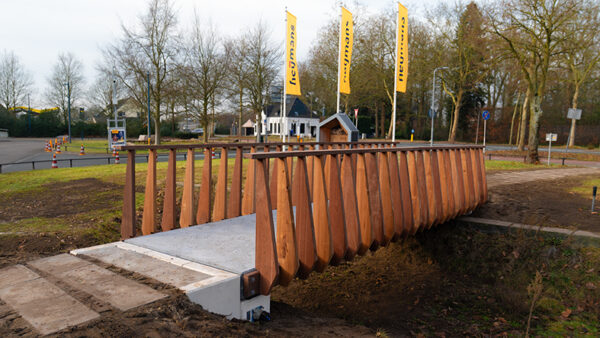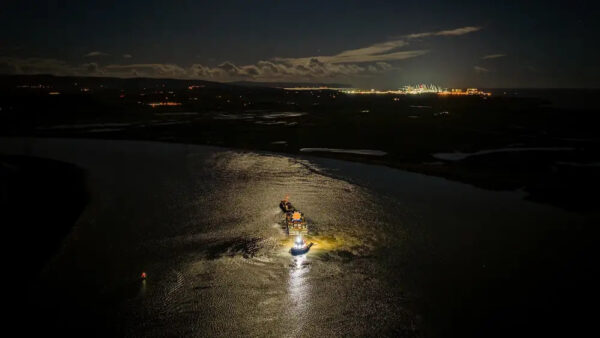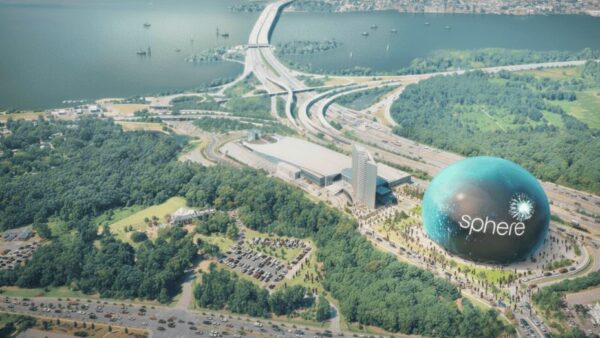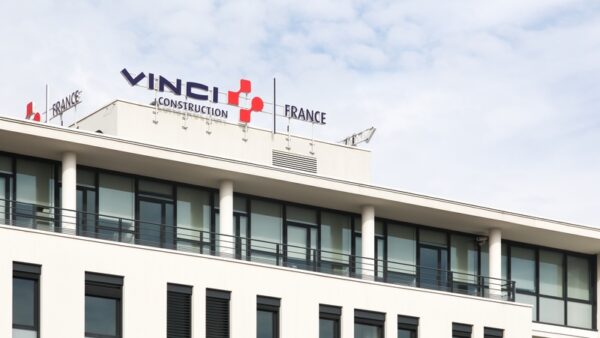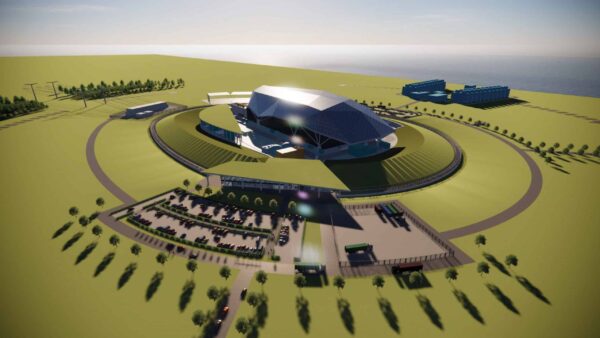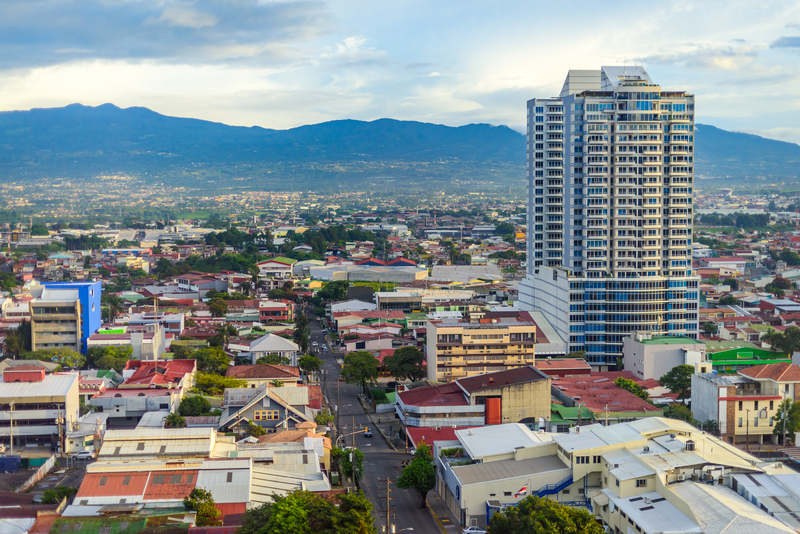
The EU’s European Investment Bank (EIB) will lend Costa Rica $250m for the country’s first electric railway, a 51km commuter line connecting the capital San José to the district of Paraíso to the southeast and Alajuela in the northwest.
Set to have 30 stations, the line will be “the backbone of public transport in a metropolitan area with more than 3 million inhabitants”, EIB said.
EIB vice president Ioannis Tsakiris said the line would make work and study opportunities more accessible.
Co-financed by the Central American Bank for Economic Integration and the Green Climate Fund, it’s the EIB’s first development funding for Costa Rica in over a decade.
Construction will be overseen by Costa Rica’s national railway authority, Incofer.
With 28 electric train units running on two double track lines, commuters can expect a train every ten minutes.
The line is expected to carry 100,000 passengers a day, cutting road congestion and preventing 18,000 tonnes of carbon emissions a year from entering the atmosphere.
Lenders said the trains will run on nearly 100% clean and renewable energy generated in the country.
“The electric train is no longer just a dream,” said Costa Rican President Rodrigo Chaves.
“Today, it is a concrete and viable decision, financially backed by three international entities that believe in Costa Rica and its people.
“Unlike previous proposals that were unsustainable, this one is solid, fiscally responsible, and will not require state subsidies.
“Because the train of progress doesn’t wait, we’re all on board.”
- Subscribe here to get stories about construction around the world in your inbox three times a week
Further Reading:


